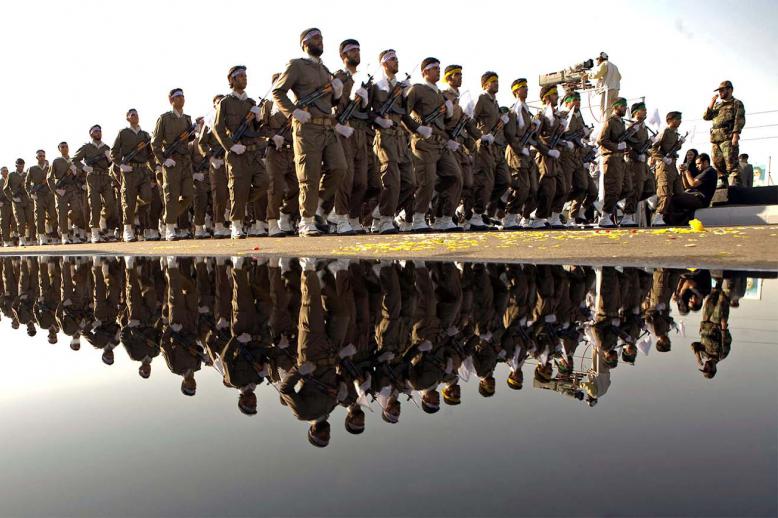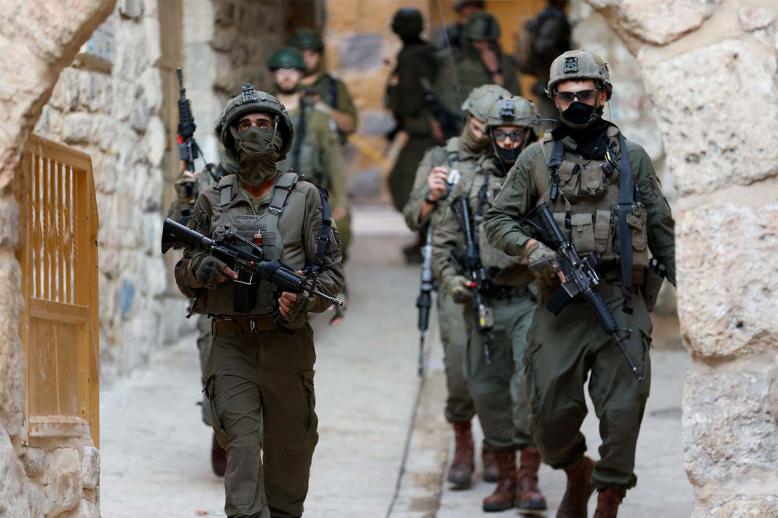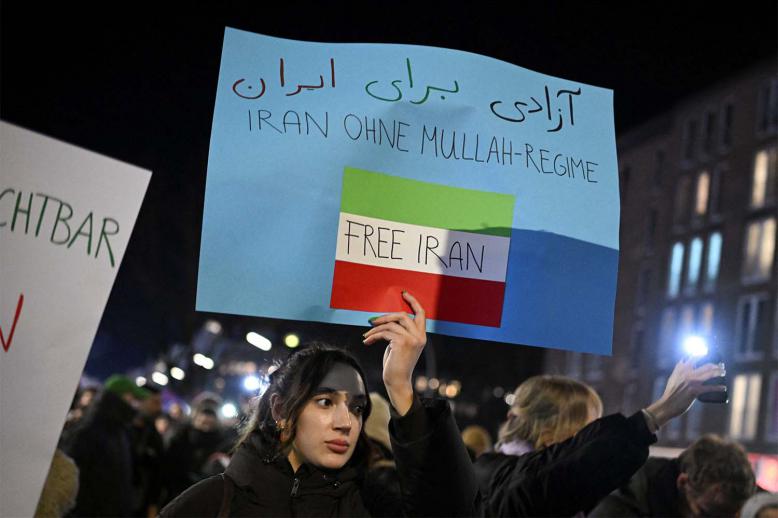Sadr faces hard challenges after surprise win in Iraqi elections
LONDON — The coalition backed by influential Shia cleric Muqtada al-Sadr has secured the largest number of parliamentary seats following Iraq’s elections but he faces a number of serious challenges before he can shape the country’s next government.
Final results showed that his alliance, known as Marching Towards Reform, won 54 seats out of 329 but it needs to form a coalition with other electoral lists in order to reach the 165 seat number that allows it to form a government.
Sadr himself cannot be a prime minister as he did not take part in the elections but the Marching coalition is predominately made up of his loyalists in the newly formed Istiqama party and five other parties, including the Iraqi Communist Party, which won two seats.
Alliance with Abadi?
In addition to forming alliances with Sunni and Kurdish lists, Sadr would need to partner with one major Shia-led coalition in order to secure the required number of seats. The most natural candidate for such an alliance is the Victory Alliance led by Prime Minister Haider al-Abadi, which came third in the race with 42 seats.
Another major Shia player that could join such a coalition — but not replace Abadi’s list — is the National Wisdom Movement, which secured 19 seats.
Sadr has already ruled out joining forces with the two Shia-led lists that are staunchly backed by Iran: the Conquest Coalition, led by former militiaman Hadi al-Amiri, which came second with 47 seats; and the State of Law list, led by former prime minister Nuri al-Maliki, which only managed to win 25 seats.
Enter Iran
Sadr’s unwillingness to join forces with Amiri and Maliki, in addition to his bid to be free from Iranian influence and maintain good ties with Saudi Arabia, has led Tehran, in a sign of continued interference in Iraqi politics, to send Major-General Qassem Soleimani, leader of Iran’s al-Quds Force, to Iraq to encourage forming a coalition that does not include Sadr’s supporters.
If Sadr fails to form an alliance with Abadi and thus comes short of the required seats, then the second biggest list, led by Amiri, can try its luck in forming a governing coalition. While an Amiri-Maliki partnership is very plausible, Iran is likely to push for Abadi to join its favoured fold. After all, Abadi did make a one-day alliance with Amiri.
Even if a Sadr-Abadi coalition that includes Sunni and Kurdish lists is able to form a government, the nationalist cleric would not necessarily be able to select, let alone direct, the new prime minister.
Post-government challenges
Marching Towards Reform is led by Hassan al-Aqouli, a doctor who has not held political office. It is unlikely that Sadr would suggest Aqouli to fill the post of prime minister.
Abadi, prime minister since 2014 with a victory against the Islamic State (ISIS) under his belt, is likely to be his own man despite the relatively humbling election results. There are certainly going to be disagreements, most notably on how to fight corruption: Sadr has called for an uncompromising war that Abadi might not be able to deliver.
Many of those who voted for Sadr would have voted for Abadi instead had the prime minister resigned from the Dawa party and made it clear that an alliance with Amiri was out of the question.
A ruling coalition that has Sadr at its heart is unlikely to object to cooperating with the United States, especially in the war effort against ISIS. Sadr’s wish to be independent of Tehran, however, must not be understood as a willingness to take part in hostile activities against Iran.
Calls for vote recount
Sadr’s most immediate challenge is the same facing the country: Rising calls for manual recounts of the votes after allegations of fraud and incompetence were levelled at the country’s electoral commission.
Some 80 members of parliament have called the electoral commission for questioning and the dispute may be passed on to the federal court.
The recount may not result in Sadr having fewer seats but until the issue is resolved, the legitimacy of the whole process is called into question.
Mamoon Alabbasi is Deputy Managing Editor and Online Editor of The Arab Weekly. You can follow him on Twitter @MamoonAlabbasi
Copyright ©2018 The Arab Weekly





